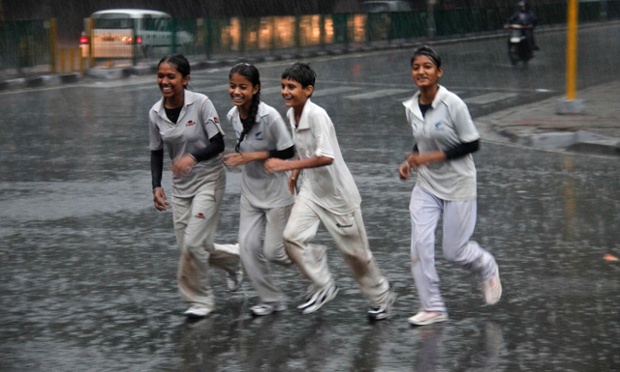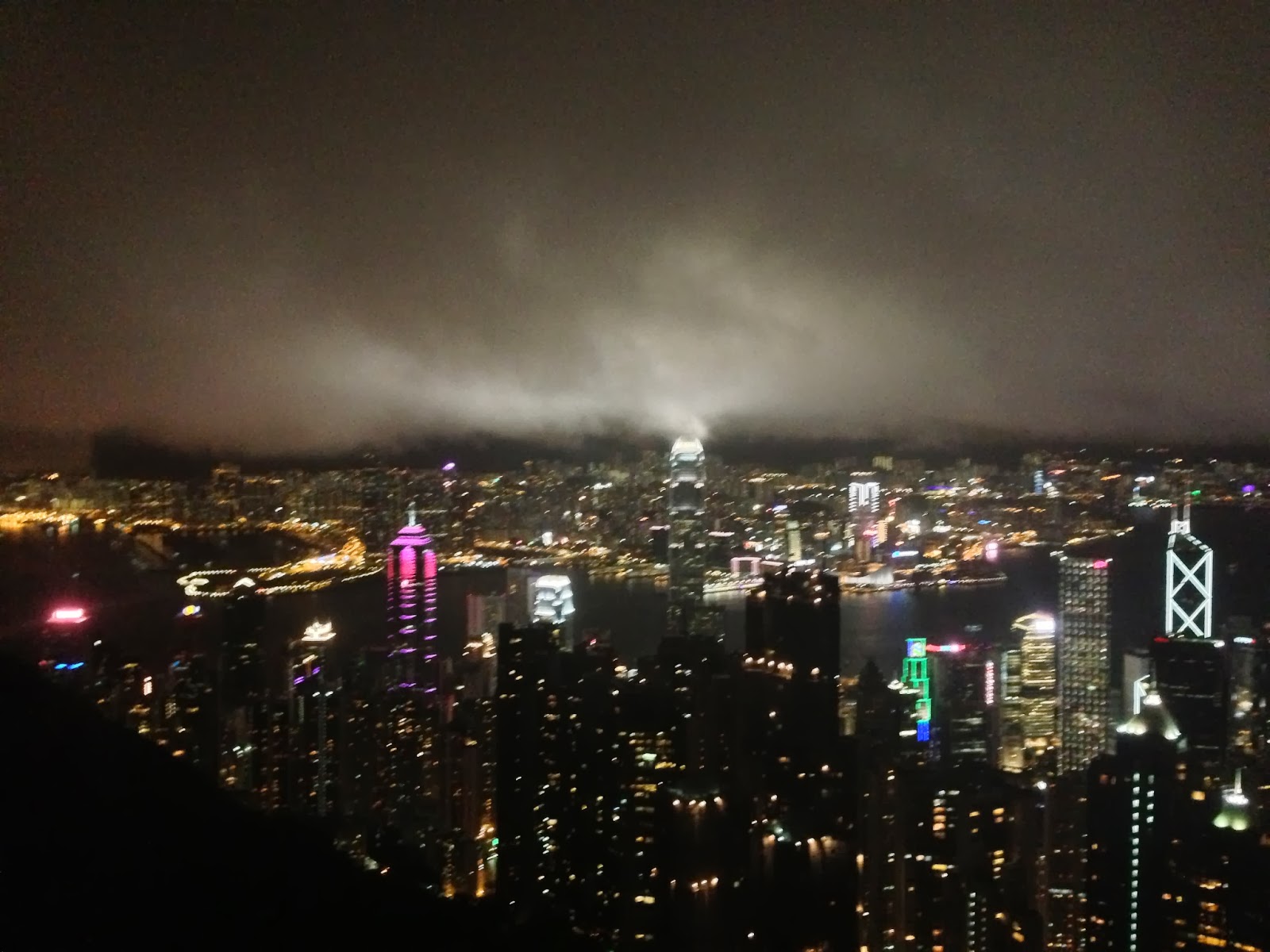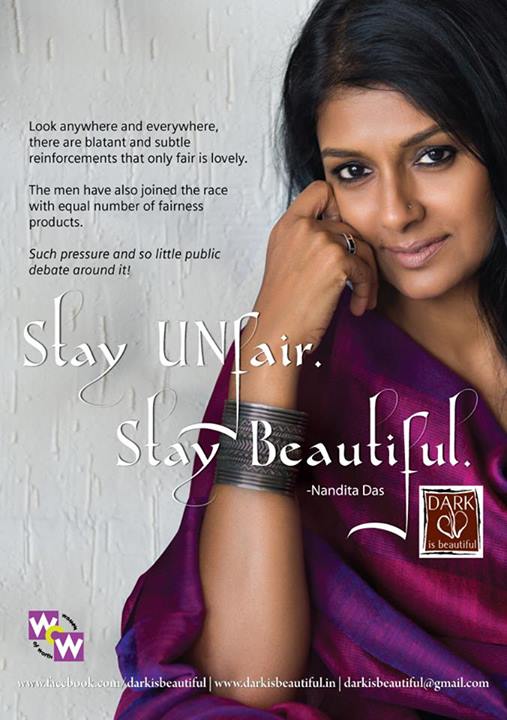-->
I am not the biggest fan of the “loud” ostentatious culture of
Punjabis here in Delhi (my family included). We are indeed boisterous (very), flashy (sparkly/blingy) and over the
top friendly. But when we offer you that beverage for the 20th time,
we really really want you to drink it. And we mean it.
Punjabi culture is showcased often in Hindi movies, and
perhaps that is how the rest of India sees us – tandori chicken eating, whiskey
drinking, dancing brutes.
Most of it may be true for many of us, there are exceptions
too. For instance, I know many families who prefer seekh kebabs over tandoori
chicken.
Anyway, the point is that – we may like our loud Djs in
shadis, dancing uncles and our “shoo-shaan” (shosha) but we mean well.
I mean most of us** Punjabis were refugees less than 65
years ago. We came here with just the clothes on our backs and if we were lucky,
our family members. We build our lives from the camps in refugee settlements.
We had to prove ourselves in a new land, a land far away from our home in
Multan or DI Khan or Rawalpindi. We had to compete with each other for the
packs of “rotis” given to refugees,
which were limited in supply. We had to fight to get an allotment of homes in
the first refugee colony in Delhi. This made us feisty, no doubt, but it made
us adventurous too. It made us strong and resilient.
When we gush over you and ask about your well-being we
aren’t being fake. No one asked us these questions when we had nowhere to go.
So just tell us that you’re doing ok, and don’t berate us for being loud.
And when we offer that chai
to you again and again, take it. We aren’t showing off our tea making
abilities. Back in the day, we didn’t have any chai, and maybe we just want you to share our happiness.
** us/our grandparents/ancestors














